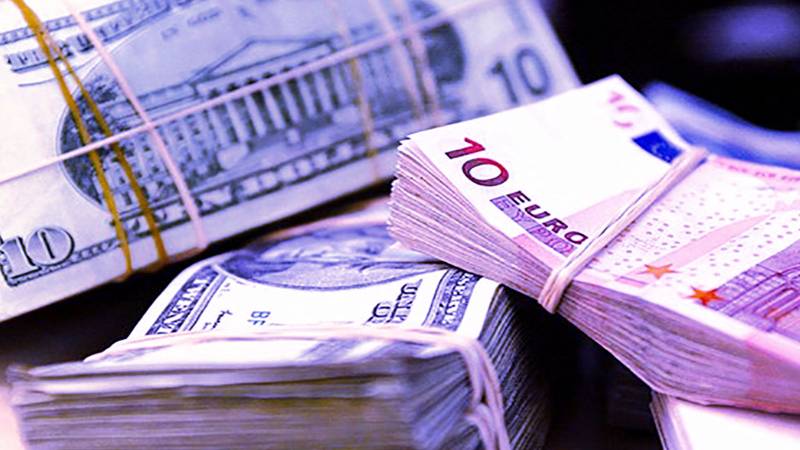
The government’s campaign against black market forex trade and unregulated money operators like hawala and hundi has started bearing results, as a hefty amount of $900+ million has been recovered in recent months.
Zafar Paracha, the General Secretary of the Exchange Companies Association of Pakistan (ECAP), shared the initial outcomes of the crackdown. “The recent crackdown became inevitable since unregulated money operators grew uncontrollably, capturing more remittances,” he said, adding that through the crackdown, massive amounts of money have been recovered, which has increased the exchange companies’ daily trading value from $5-$7 million to a hefty $50 million. “We anticipate more positive results as the crackdown continues,” he said.
The government of Pakistan recently announced a countrywide crackdown to curb the black-market forex trade and eliminate the unregulated money operators like hawala/hundi that cause severe damage to the country’s foreign reserves. The ongoing action has brought massive recovery, and more value is expected to aid exchange companies that play a critical role in regulating formal remittances to Pakistan.
Farooq Awan, a forex expert at Beijing-based financial services giant WealthPK, said overseas Pakistanis are the backbone of Pakistan’s economy and send home billions of dollars in remittances every year. “A significant portion of these remittances is transferred through informal channels, known as unregulated remittances. Such remittances sent through methods like hawala/hundi pose several risks, including threats to the national economy and the potential for fraud, money laundering, and financing of illegal activities,” he further said. “If steered right, these remittances may help stimulate Pakistan’s foreign reserves, which have reached an alarming $12.6 billion.”
Awan said one of the biggest risks associated with unregulated remittances is fraud. “Hawala operators and money mules are often criminals who exploit unsuspecting people. They may promise to transfer money quickly and cheaply, but they may end up stealing the money or disappearing altogether,” he added. “Another risk associated with unregulated remittance is money laundering. Criminals use unregulated channels to launder money from illegal activities, such as drug trafficking and terrorism. When expats use an unregulated channel to send money home, they may be unknowingly helping to finance these activities,” he concluded.
Commenting on the issue of black-market forex trade, Rashid Ashraf, CEO of ACE Money Transfer, said most Pakistani diasporas turn towards informal channels like hawala/hundi to avoid taxes and formal procedures, which they wrongly consider to be complex and tricky. “Consequently, the money that flows through unregulated channels assists various crimes and terror financing while putting Pakistani expats’ hard-earned money at stake,” he mentioned.
President and CEO of Bank Alfalah, Atif Bajwa, said Pakistanis living in foreign countries need to extend their support aligned with the strategies being implemented in the country to curb the black-market remittance flows to aid Pakistan’s foreign reserves. “By opting for regulated channels of remittances, the Pakistani diaspora can push the country out of economic turbulence,” he concluded.

